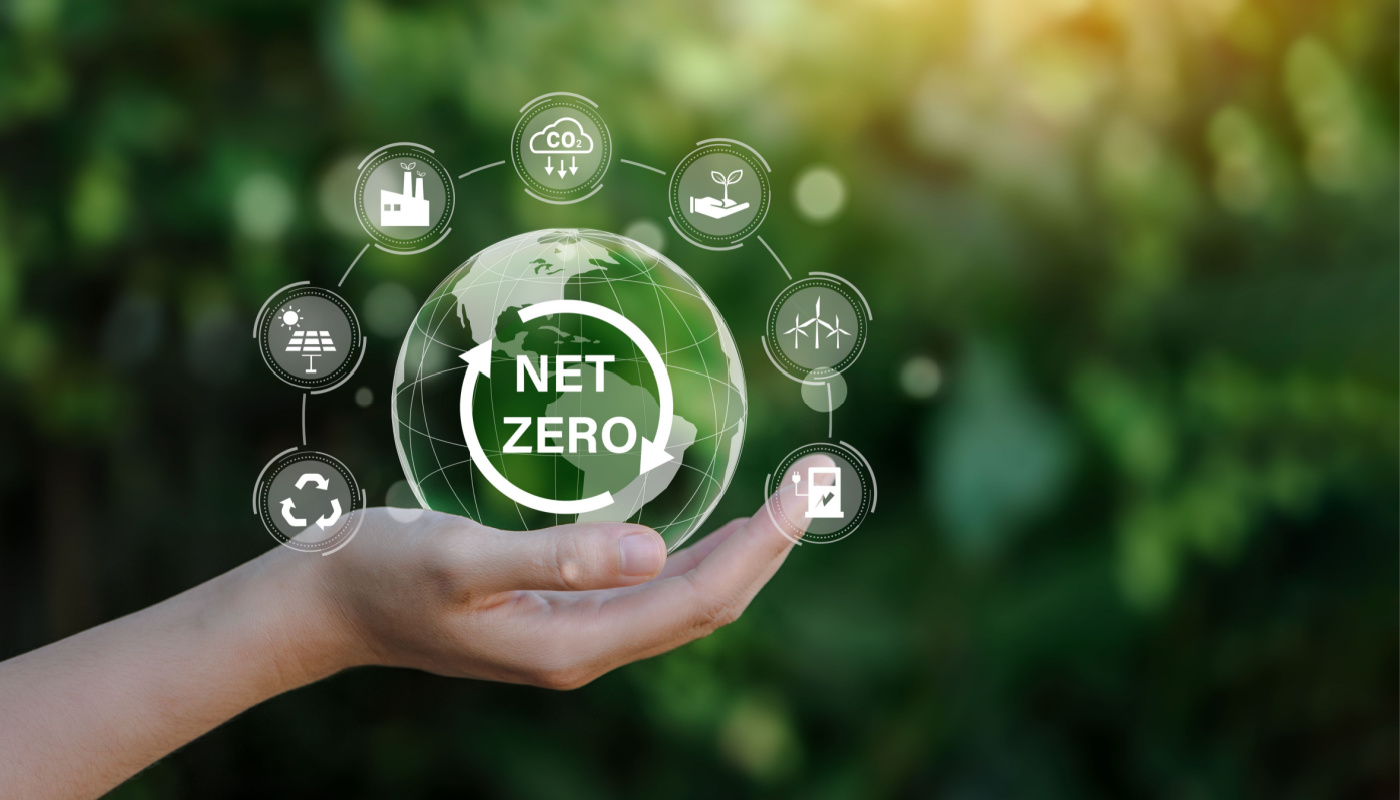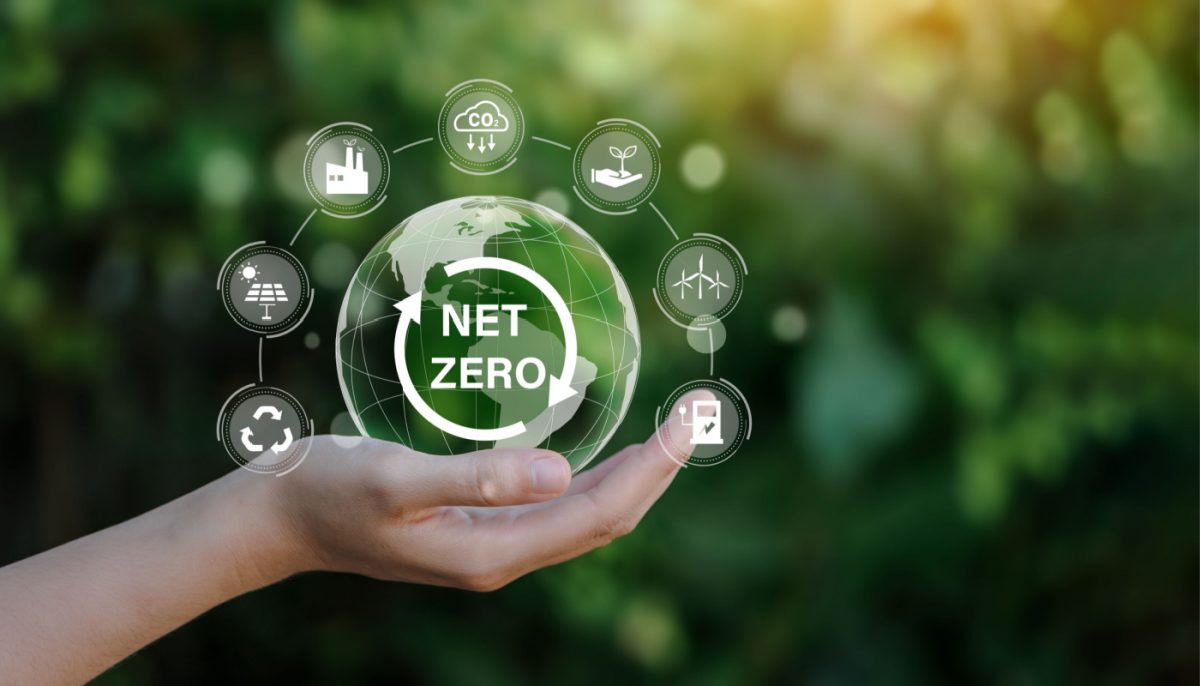What is Net Zero and why is it important?
In a context where climate change is becoming increasingly severe and intense, terms like “Net Zero” appear more frequently in discussions about environmental protection and sustainable development. But do you know what “Net Zero” is? And why is it so important and urgent? Let’s join Choice to explore this concept and the reasons why it has become one of the most important goals of the world today!
Net Zero, also known as net-zero emissions, is a state where the amount of greenhouse gas emissions is balanced by the amount of greenhouse gas removed from the atmosphere. To ensure life on Earth, 2050 is considered a “survival milestone” by which humanity needs to achieve this goal.
To do this, we need to reduce emissions as much as possible. Any remaining emissions will need to be offset by removing greenhouse gases from the air through natural methods such as afforestation, carbon offsetting or purchasing carbon credits.

Net Zero is considered the “key” to preventing the serious impacts of climate change. (Image: netzero.vn)
So why is Net Zero so important? Because it is the “key” to ensuring that global temperatures do not rise above a safe level. Greenhouse gas emissions (mainly from burning fossil fuels) are the main cause of rapid global warming. And this leads to many serious consequences such as:
- Melting ice: The melting of huge ice blocks leads to rising sea levels, threatening low-lying lands, countries, and coastal cities.
- Extreme weather: Climate change causes extreme weather events such as storms, droughts, causing great damage to people and natural resources.
- Loss of biodiversity: Many species of flora and fauna cannot adapt to the rapidly changing climate, leading to ecological imbalance and biodiversity loss.
If global temperatures continue to rise more than 1.5°C above pre-industrial levels, we may face irreversible disasters, with far-reaching impacts on human life and the natural environment.
And what can each of us do to contribute to achieving Net Zero?
- Save energy: Turn off lights when not in use, prioritize using energy-efficient appliances, adjust air conditioning temperature reasonably.
- Use public transportation: Prioritize walking, cycling, or using public transportation.
- Reduce waste: Sort waste, recycle properly, limit the use of plastic bags and single-use plastic products.
- Save water: Repair leaky pipes in your home, turn off the water when not in use.
- Choose green products: Prioritize products with environmentally friendly certifications and bring your own bags when shopping to reduce packaging.
- Learn about climate change and Net Zero: Read and watch relevant materials to better understand this issue.
- Encourage family and friends around you to join hands in protecting the environment.
Net Zero is a long journey for everyone, however, we can contribute by changing our small daily habits. Let’s share and spread this message with Choice to move towards a world with zero net emissions – where greenhouse gas emissions no longer pose a threat to our planet.








